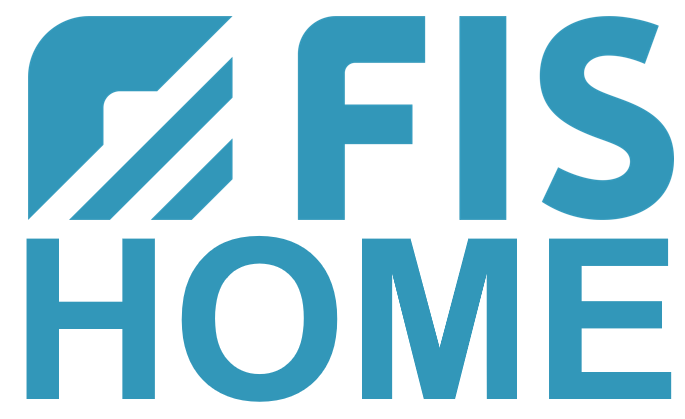FIS Warehouse Expertise – SAP Extended Warehouse Management
SAP EWM is a standalone Warehouse Management Application and is part of SAP’s Supply Chain Management suite. The existing SAP WM (Warehouse Management) module will be discontinued in 2025 and completely replaced by SAP EWM. The FIS proposition for warehouse management is a hosted platform based on SAP EWM (Extended Warehouse Management) with further FIS add-on applications – FIS/xee (FIS xml and edi engine) and FIS ewm+ (Extended Warehouse Management template). The key advantages of the FIS solution includes:
- A single partner (SAP Gold Partner) with expertise in SAP application hosting, project management, warehouse management implementations and support
- Expertise in the configuration of the SAP EWM platform
- FIS ewm+ provides a reduction in implementation times through template delivery (i.e. configuration based on a “typical” warehouse – and then minor customisations for individual warehouses)
- Simplified user Experience (UX) – based on SAP Fiori apps
- Fast in memory database – SAP HANA
- Accessible with permissions based access for all users
FIS have a warehouse management consultancy capable of building specific warehouse management infrastructures and are able to “host” the application with FIS ASP. SAP EWM has core warehouse management functionality shared with the current SAP WM supporting all processes in the logistics supply chain. In the SAP EWM solution offers additional flexibility in areas such as:
- Specific Warehouse Structures
- Picking and Packing
- Handling Units
- RF (Radio Frequency)
- Barcode Technology
SAP EWM includes the following functions as standard:
- Activity Areas
- Work Centres
- Resources
The integrated functions and business processes within SAP EWM offer a high level of process and inventory transparency, a precise view of warehouse steps, efficient distribution and storage methodology. The typical return on investment of an EWM implementation typically ranges from 12 to 36 months from the effective date of use. EWM implementations result in qualitative and quantitative benefits such as fewer product handling steps, improved productivity, significant reduction in errors as well as better inventory control and accuracy.


